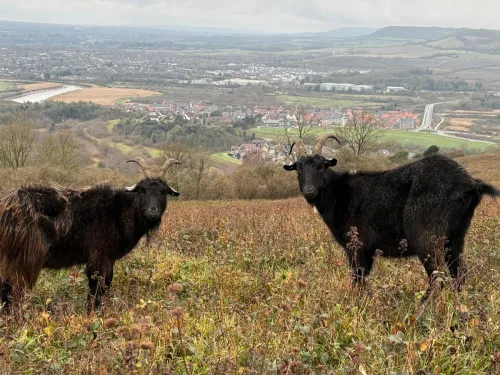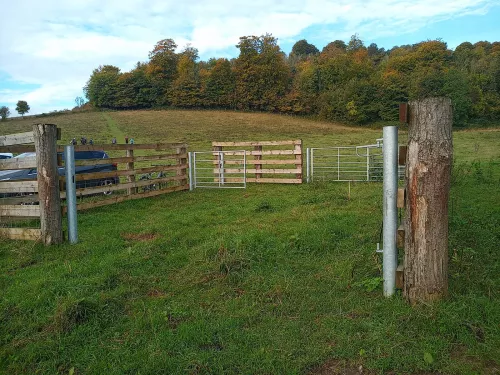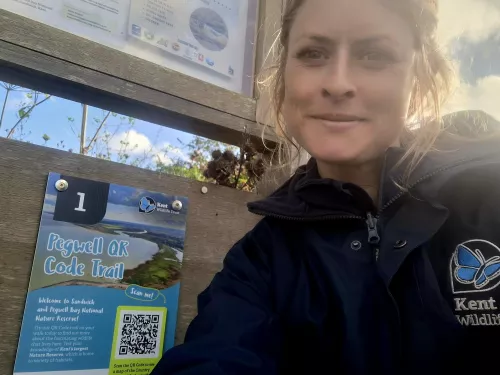
It’s the “Goat” of Christmas past
Rangers celebrate “Christmas miracle” as escaped goat returns after three-month adventure


Rangers celebrate “Christmas miracle” as escaped goat returns after three-month adventure

Terrified cows being chased by teenagers, litter strewn over nature reserves, and the inevitable onslaught of mass pumpkin dumping in the woods – as Halloween approaches, Wardens at Kent Wildlife Trust head for their litter pickers in a bid to combat the…

Signage with scannable QR codes has been installed to help people learn about nature and raise awareness of specially protected wildlife areas after a spate of incidents